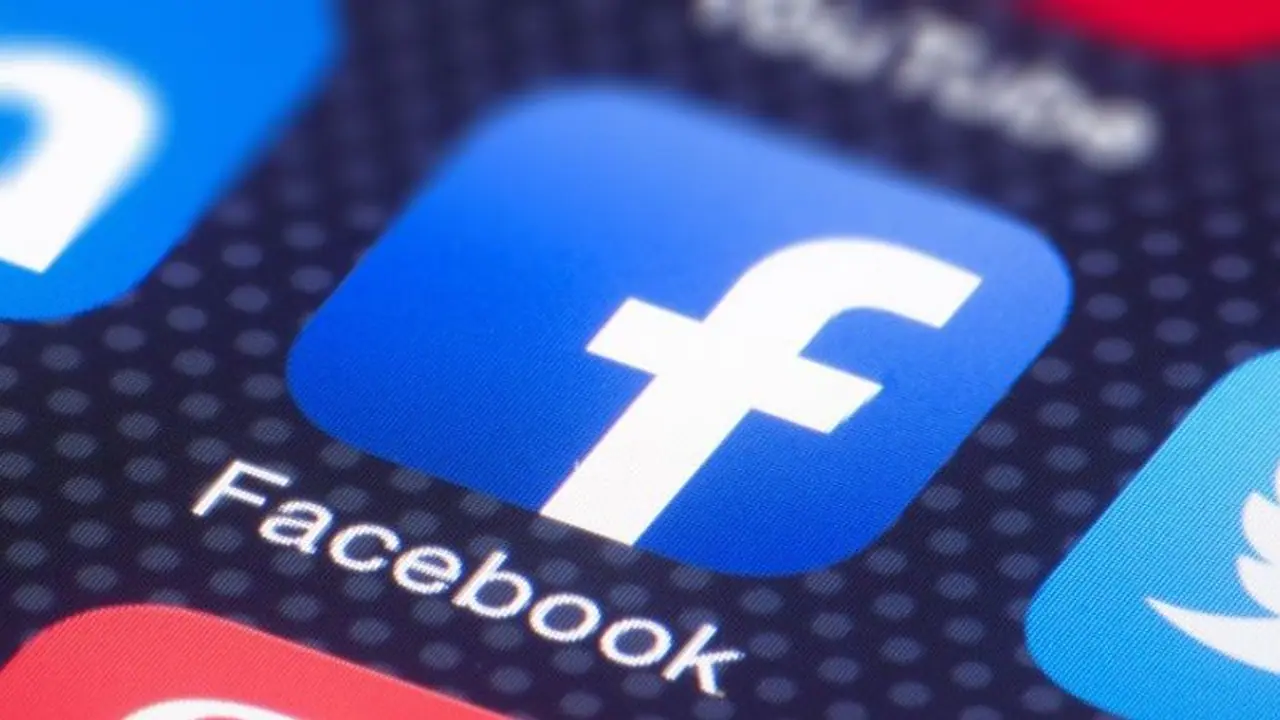Frances Haugen, a 37-year-old data scientist from Iowa, has worked for businesses like as Google and Pinterest, but she told CBS's "60 Minutes" that Facebook was "significantly worse" than anything she had seen previously.
The whistleblower who leaked a trove of Facebook papers saying the social media giant knew its products were inciting hatred and hurting children's mental health revealed her name in a television interview on Sunday, accusing the corporation of prioritizing "business before safety." Frances Haugen, a 37-year-old data scientist from Iowa, has worked for businesses like as Google and Pinterest, but she told CBS's "60 Minutes" that Facebook was "significantly worse" than anything she had seen previously.

She demanded that the corporation be controlled. "Facebook has repeatedly demonstrated that it prioritizes business before safety. It subsidizes, and it pays for its profits with our safety," Haugen stated. She added that the current form of Facebook is ripping our communities apart and generating ethnic conflict worldwide. The world's largest social media network has been caught in a maelstrom sparked by Haugen, who shared papers with US legislators and The Wall Street Journal as an unidentified whistleblower detailing how Facebook knew its products, notably Instagram, were affecting young girls.
Also Read | Did Facebook just put Instagram Kids app on hold?
In the 60 Minutes interview, she revealed how the algorithm that decides what to show in a user's News Feed is geared for material that elicits a reaction. According to Haugen's studies, it is "easier to inspire people to fury than it is to inspire them to other emotions." She said Facebook has learned that changing the algorithm to make it safer will make users spend less time on the site, click on fewer advertisements, and make less money. She further claimed that during the 2020 US presidential election, the firm recognized the risk that such information posed and activated safety measures to mitigate it. But "as soon as the election was over, they turned them back off, or they changed the settings back to what they were before, to emphasize development over safety," she claimed.
"There is no malice at Facebook," she added, adding that the incentives are "misaligned." Further adding, she said, "When you consume more material on Facebook, it earns more money... And the more they are exposed to rage, the more they interact, and the more they consume." Facebook's vice president of policy and global affairs, Nick Clegg, also fiercely denied that its platforms are "poison" for adolescents, only days after a heated congressional session in which US legislators questioned the firm on its influence on young users' mental health.
Also Read | 'Google' most searched term on Microsoft's search engine Bing
